Shakespeare was no stranger to censorship from the Elizabethan and Jacobean police states. Here we chart how the Bard’s plays amused monarchs and dictators but also prompted their anger
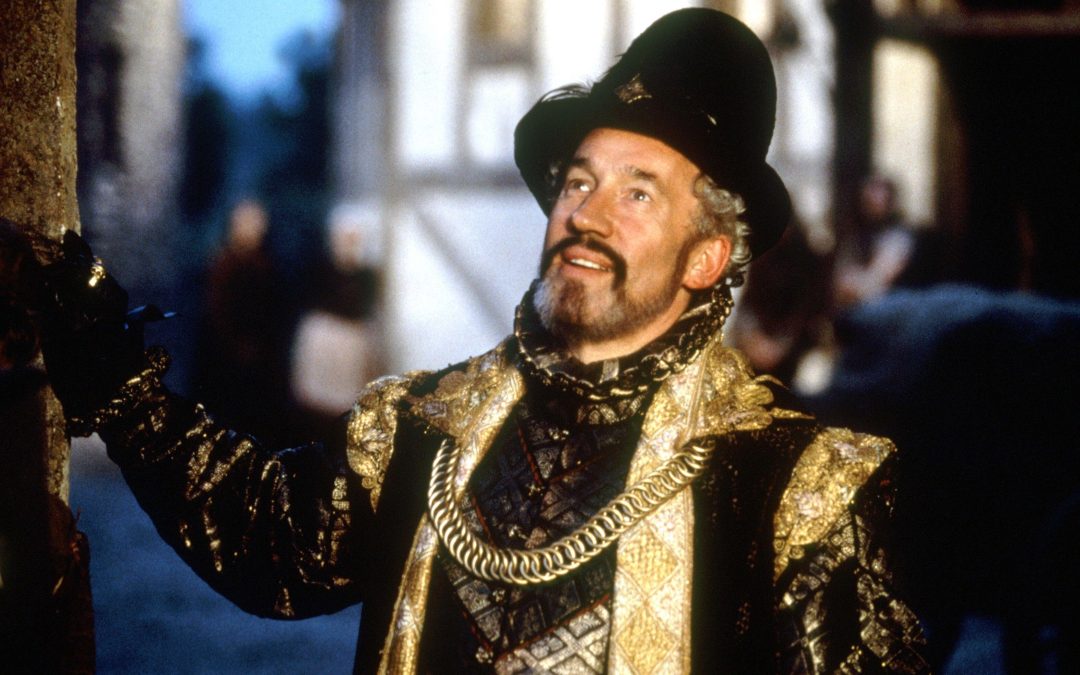

Shakespeare was no stranger to censorship from the Elizabethan and Jacobean police states. Here we chart how the Bard’s plays amused monarchs and dictators but also prompted their anger
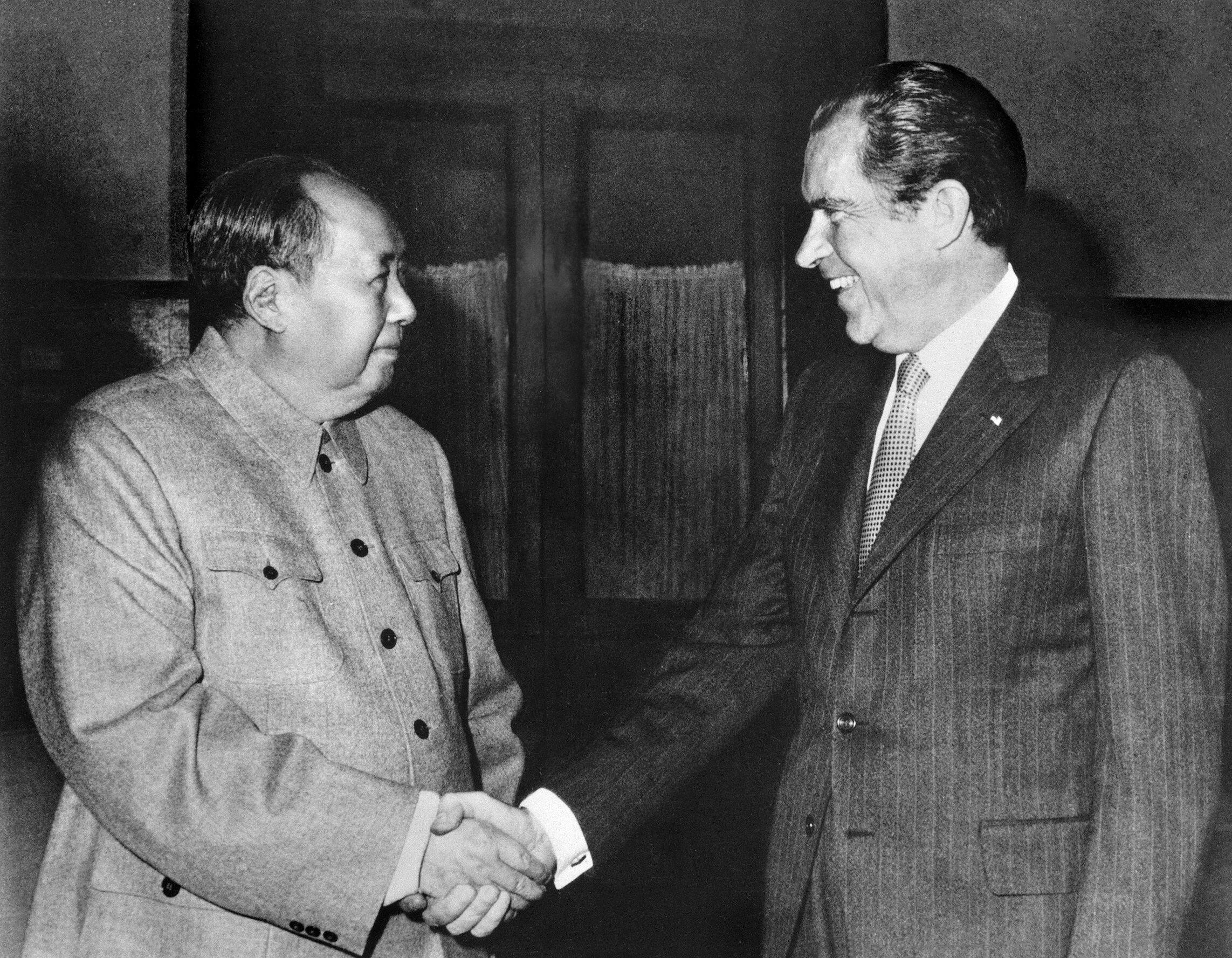
[vc_row][vc_column][vc_column_text] You may have heard that the 70s were different. In 1972, when the first issue of Index magazine was launched, no one knew that 20 years later there would be an influential economic bloc called the European Union....
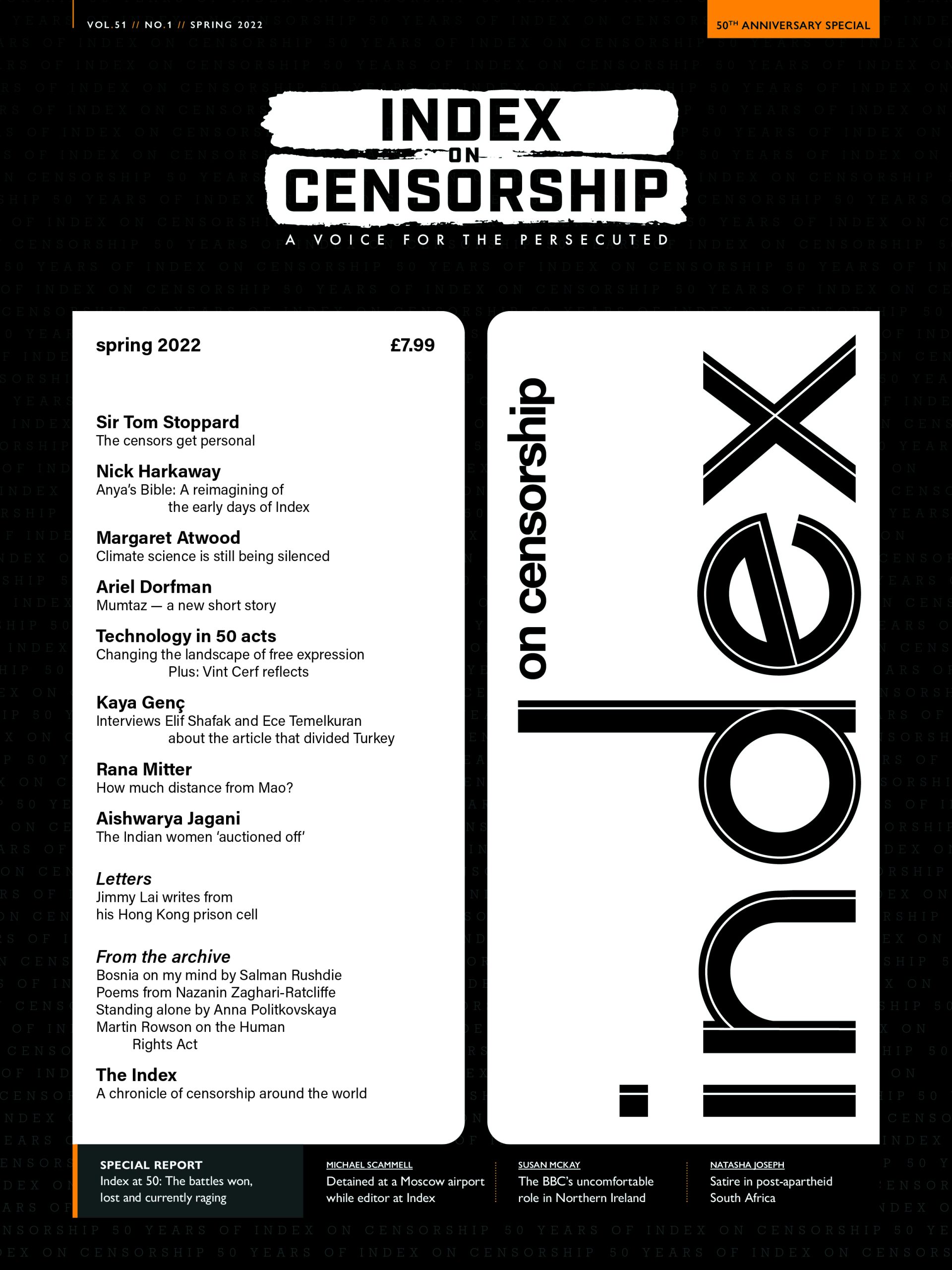
The spring issue of Index magazine is special. We are celebrating 50 years of history and to such a milestone we've decided to look back at the thorny path that brought us here. Editors from our five decades of life have accepted our invitation to...
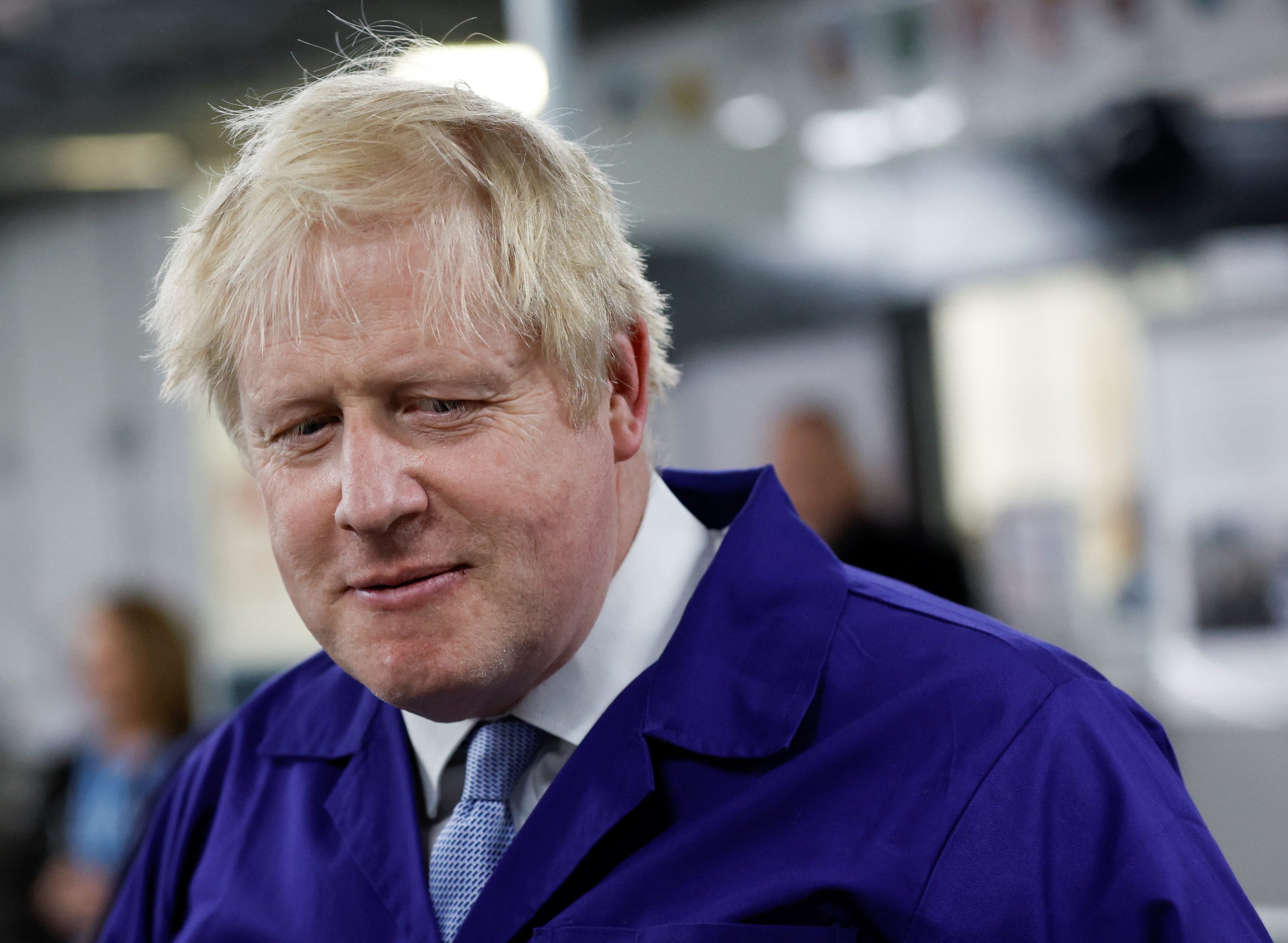
The UK has developed a parallel vocabulary to avoid labelling anyone with the c-word … until now, says Oliver Bullough
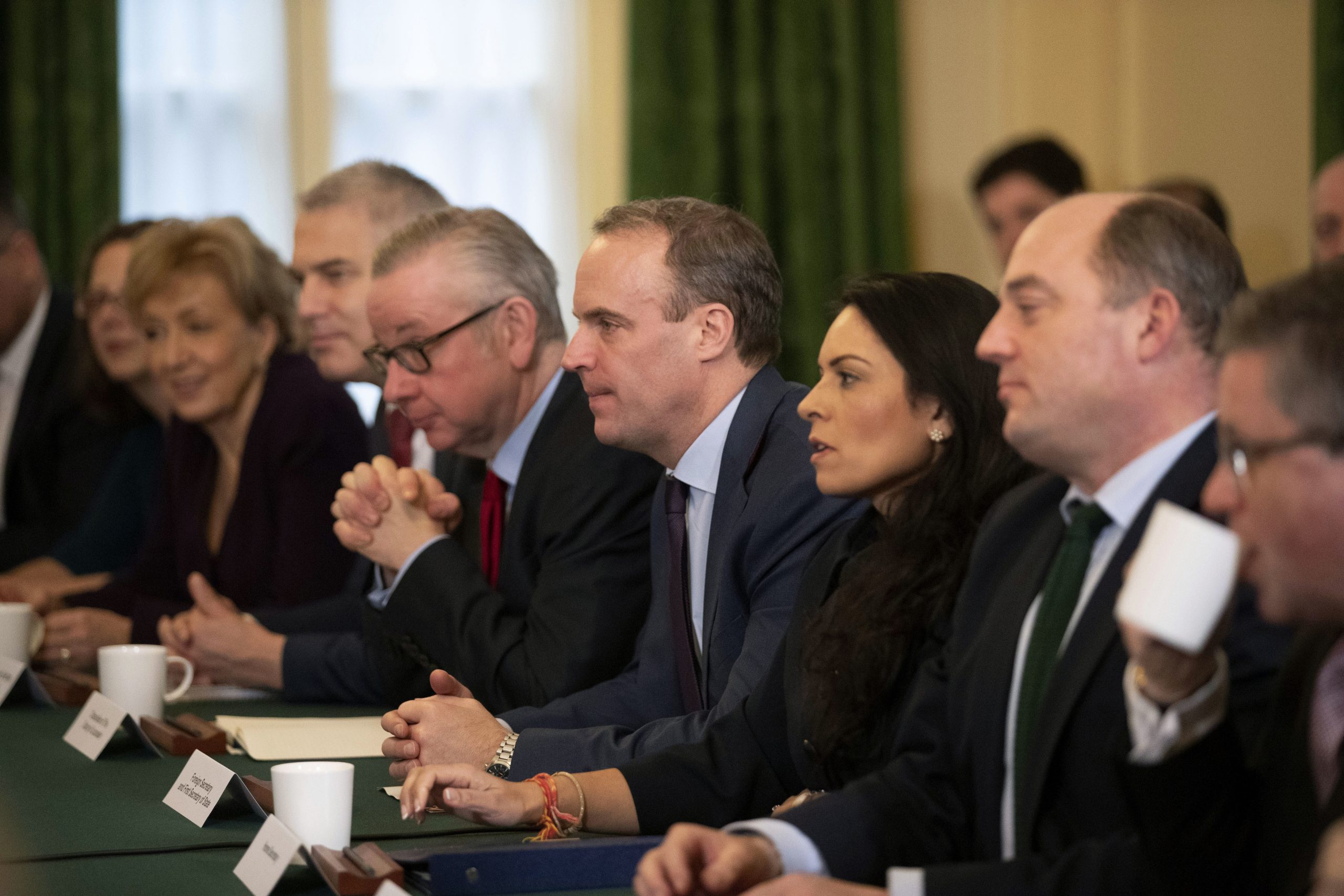
The right to protest peacefully, the protection of human rights and the ability for journalists to reveal government wrongdoing are all under threat, writes Martin Bright
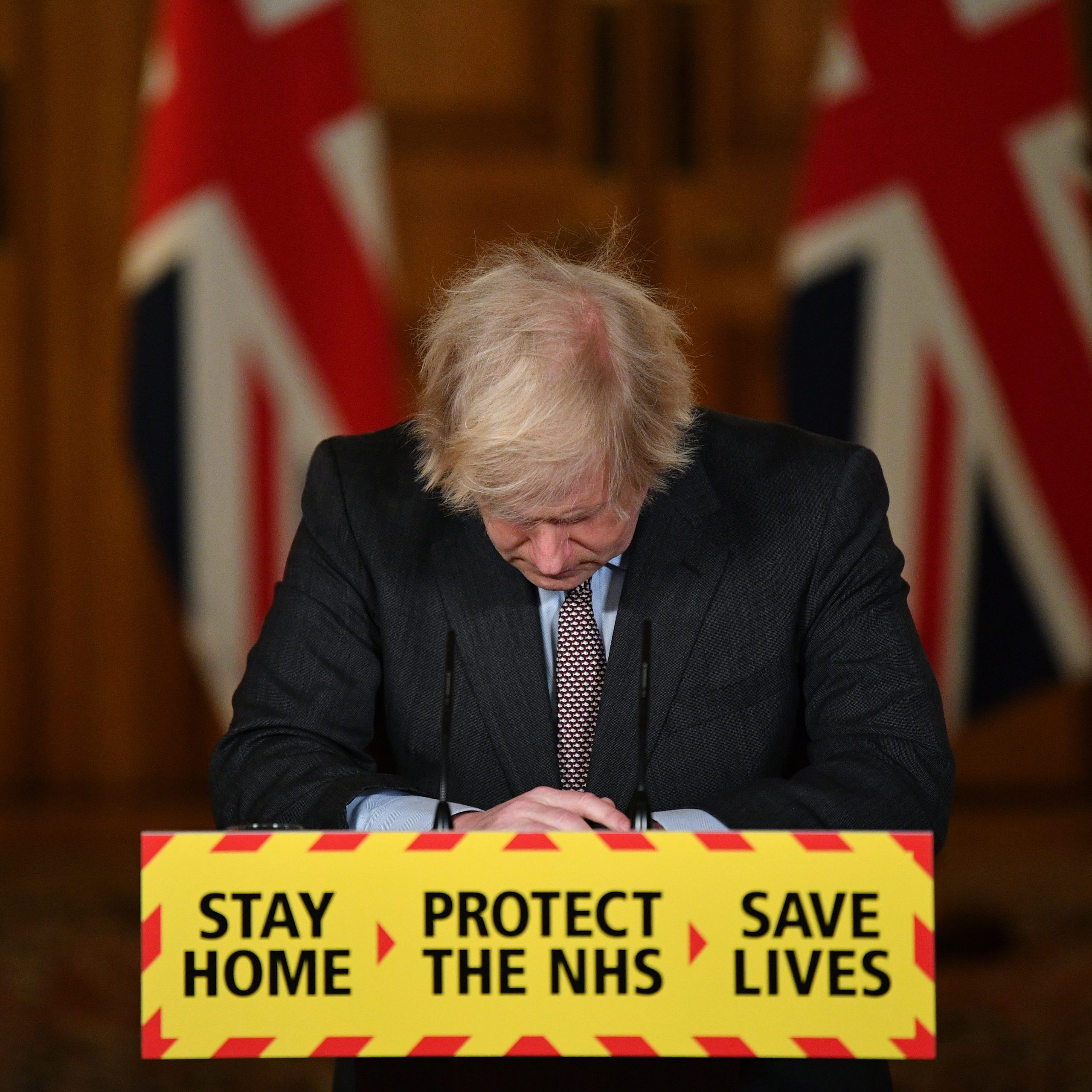
Aggression against protestors in Kazakhstan, hunger in Afghanistan and Covid deaths continue despite the scandals
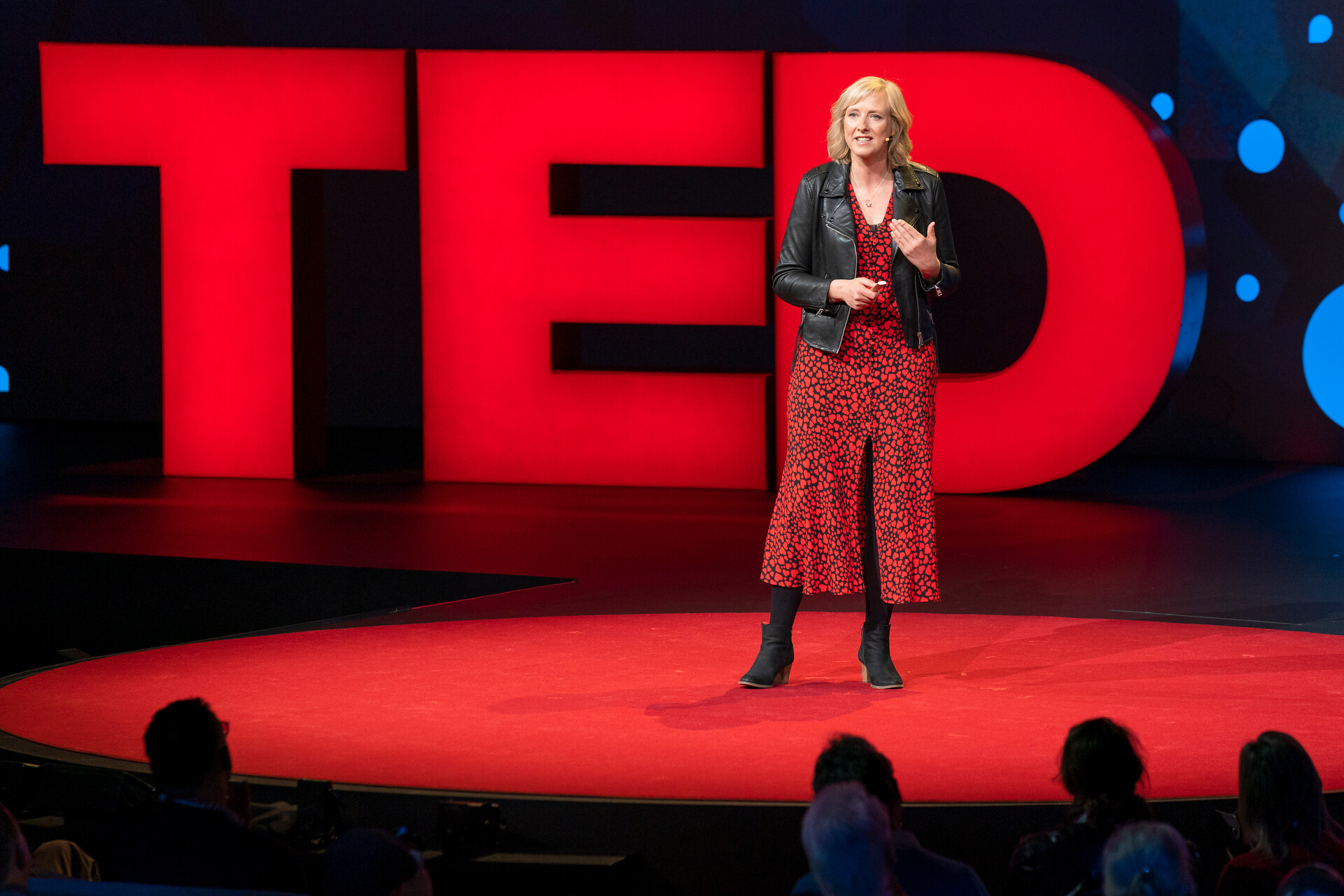
We join seventeen other organisations in supporting the award-winning journalist who is facing a week-long defamation trial in London this week
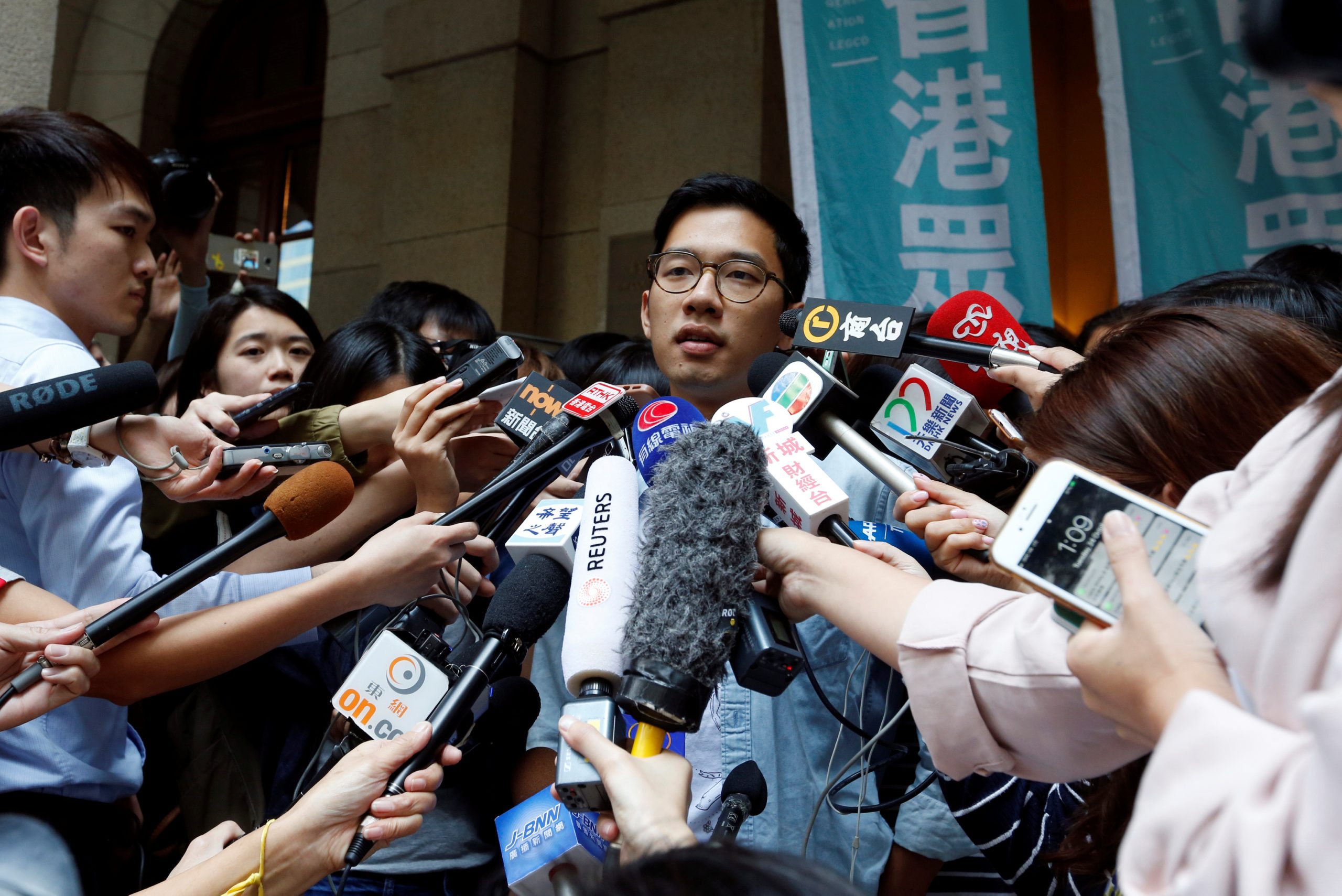
Nathan Law, one of the leaders of Hong Kong’s protest movement, is convinced that the repression will not last forever. Here we publish an extract from his new book
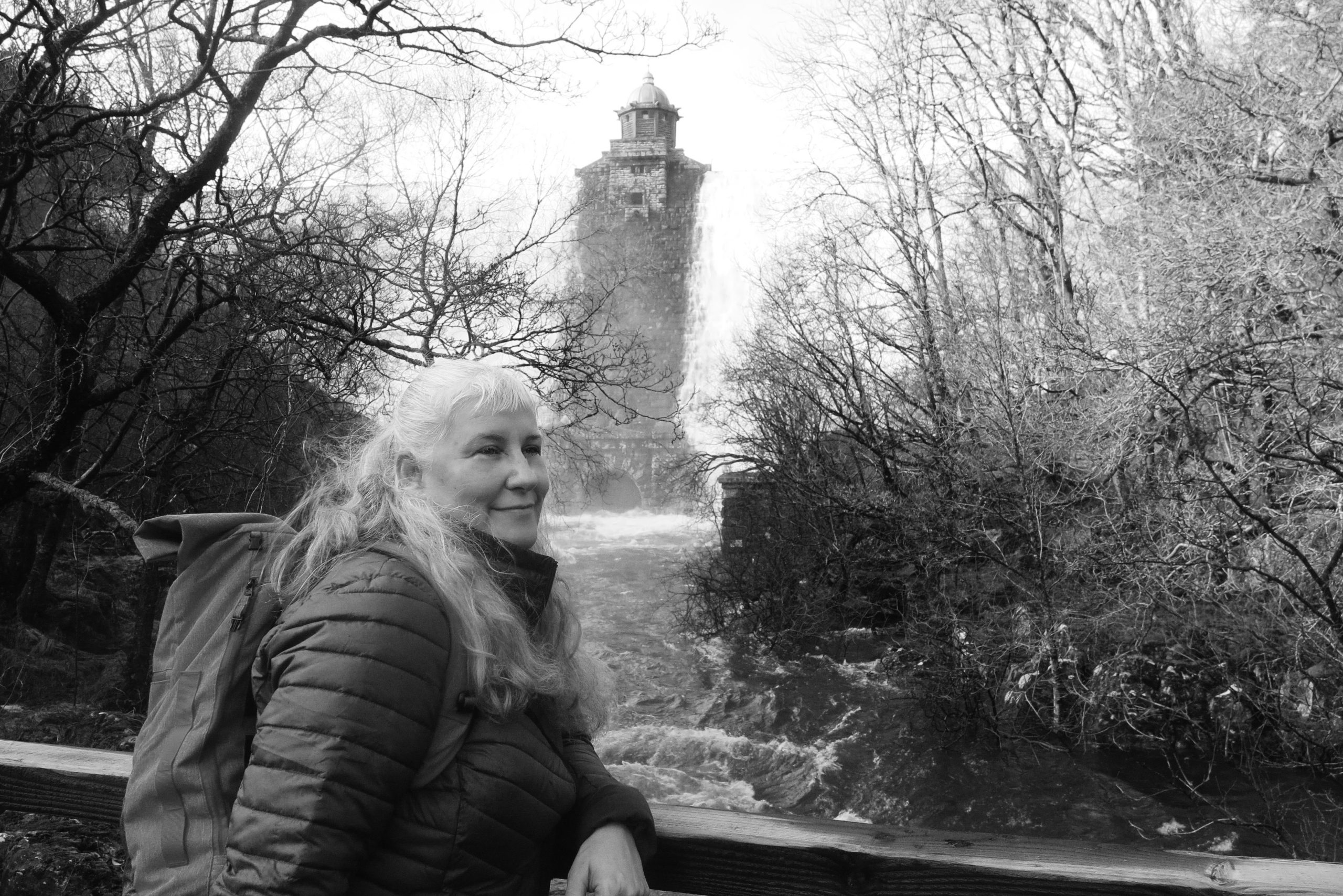
Turkish playwright Meltem Arikan’s Mi Minör was blamed for the seminal Gezi Park protests that convulsed Istanbul
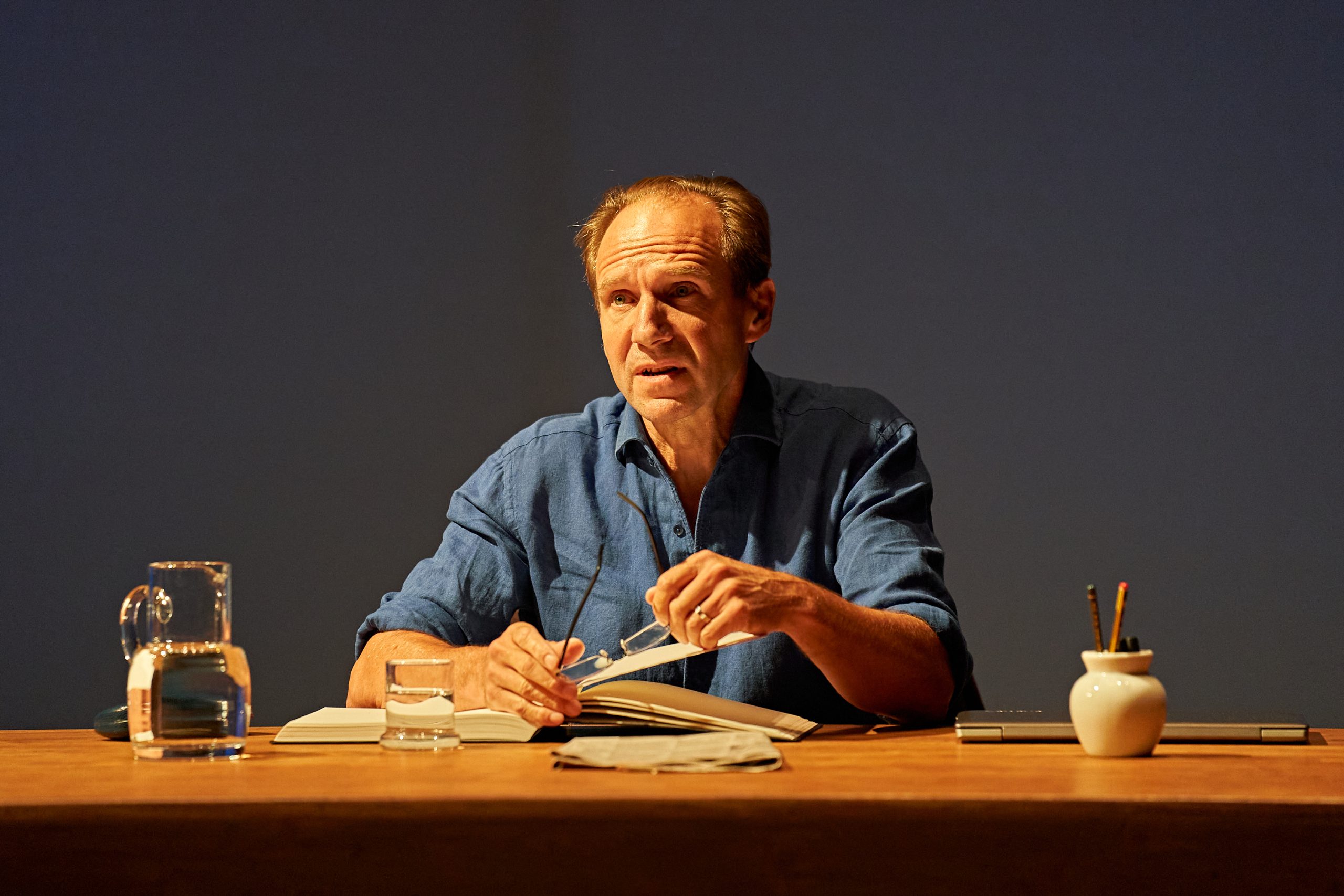
In June 2015, a national newspaper in Britain started a campaign to have a play banned. This surprised me for two reasons. One: clearly no one had told the Daily Mirror about the Theatre Act 1968, which abolished the state’s censorship of the stage...